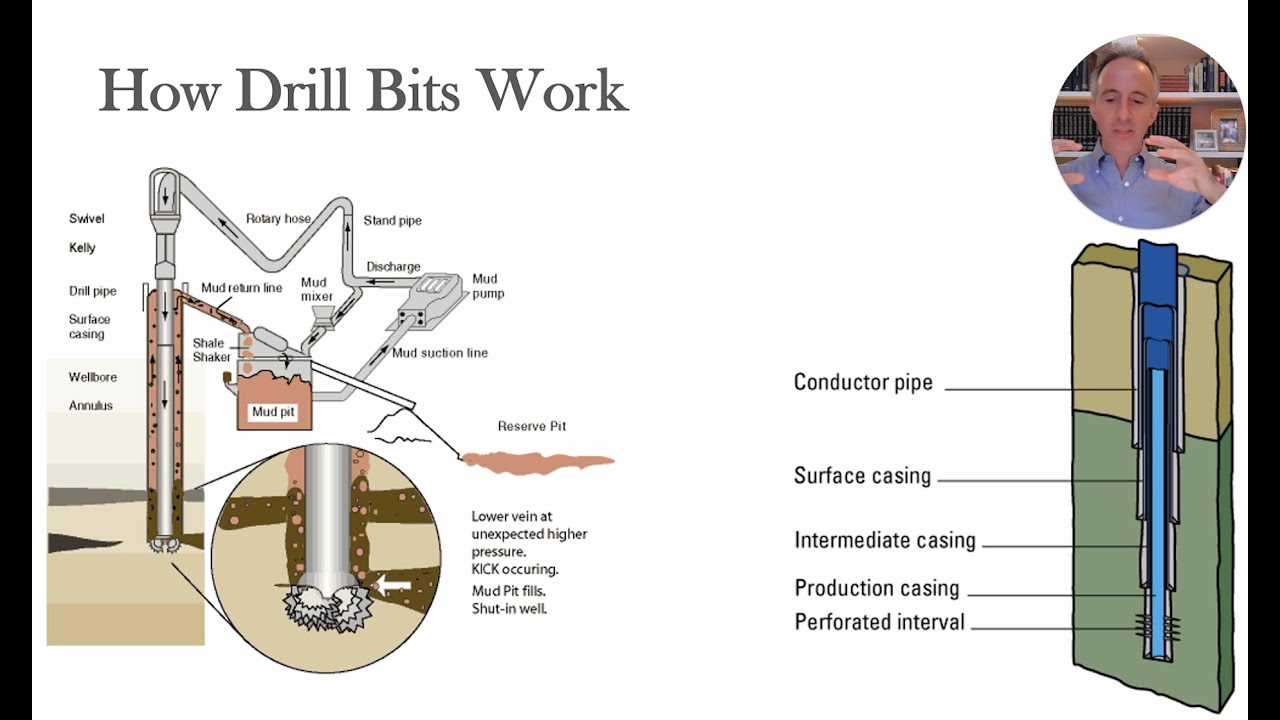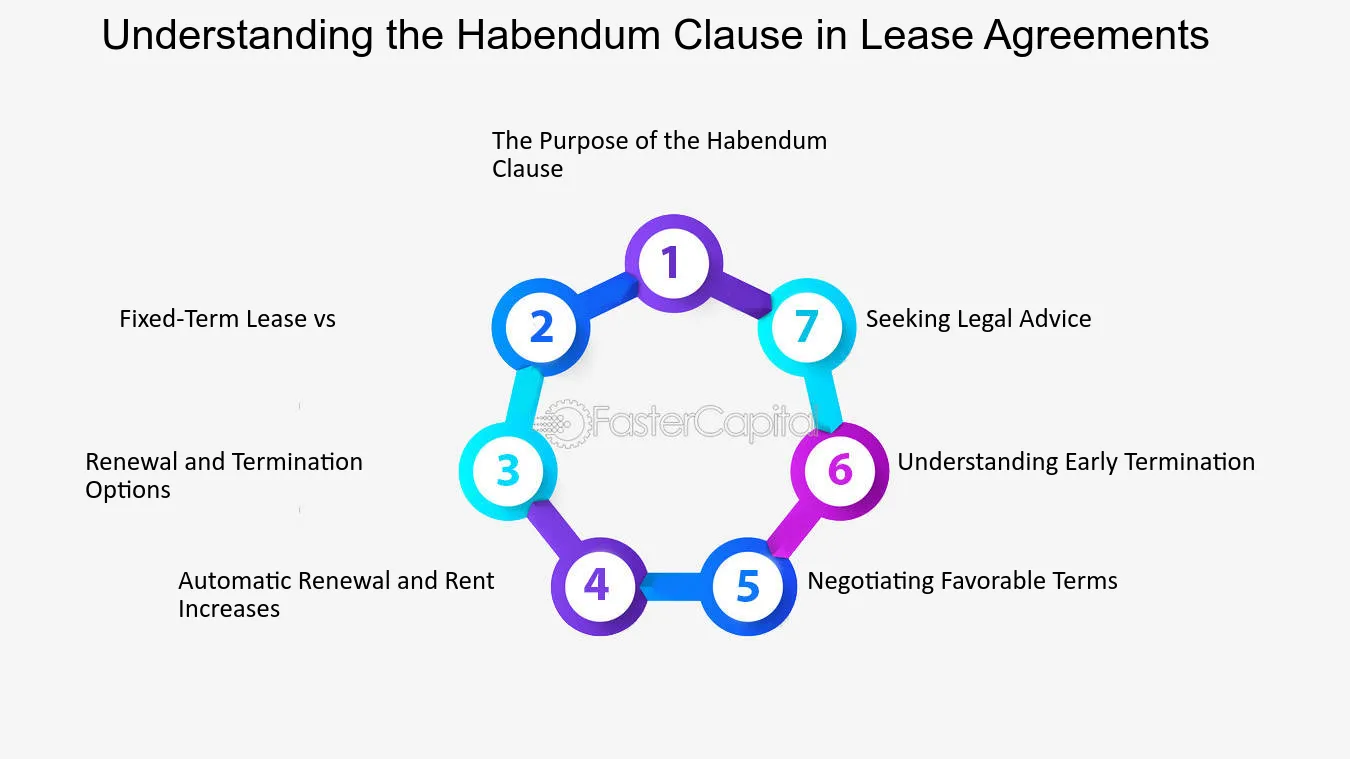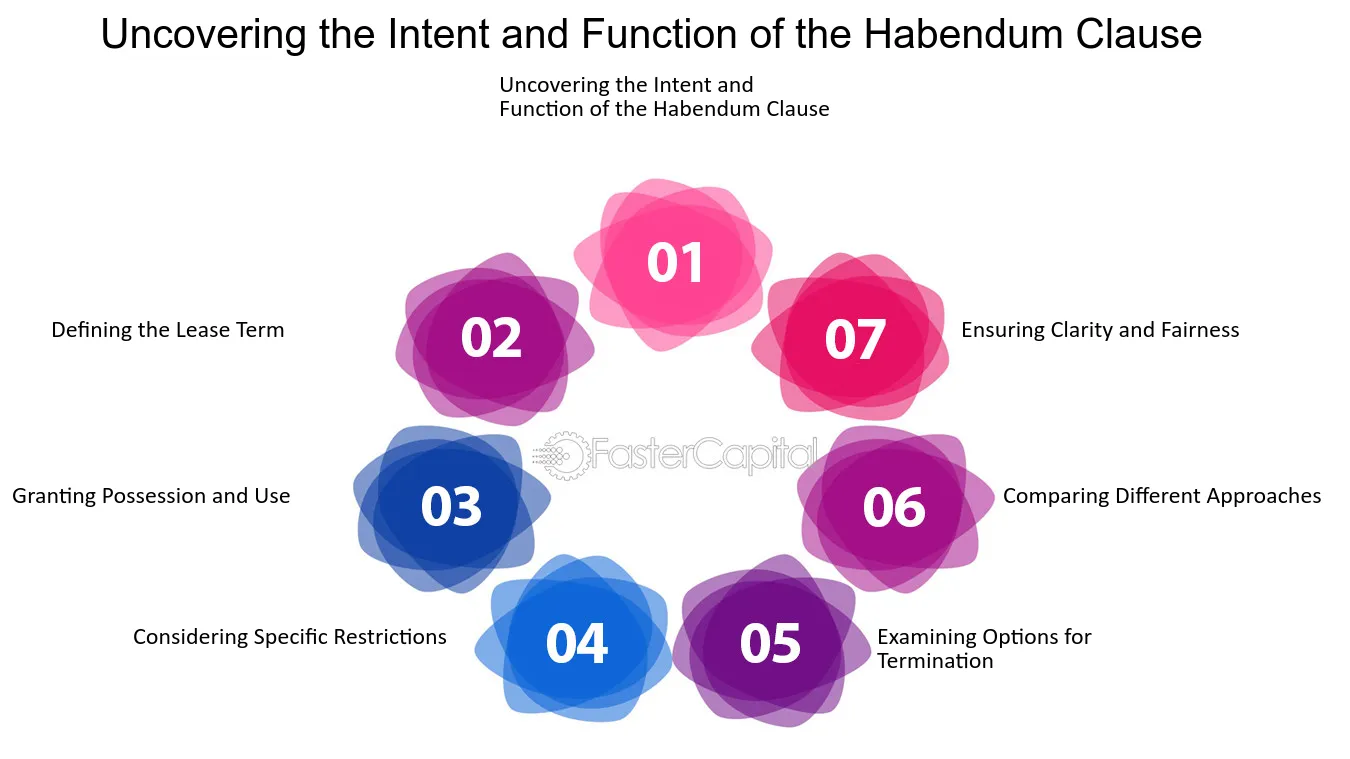What is a Habendum Clause?
A habendum clause is a legal term used in contracts, specifically in real estate and oil and gas leases. It is a clause that defines the duration and extent of the rights and interests granted in the contract.
The term “habendum” is derived from Latin and means “to have and to hold.” In the context of a contract, the habendum clause typically follows the granting clause and sets forth the conditions under which the rights and interests are granted.
Function of a Habendum Clause


The main function of a habendum clause is to define the duration or term of the contract. It specifies how long the rights and interests granted in the contract will last. This can be a specific period of time, such as a fixed number of years, or it can be contingent upon certain events or conditions.
Additionally, the habendum clause may also define the extent of the rights and interests granted. For example, in a real estate lease, it may specify the boundaries of the property being leased or the specific permitted uses of the property.
Overall, a habendum clause plays a crucial role in defining the terms of a contract, particularly in real estate and oil and gas leases. It ensures that both parties understand the duration and extent of the rights and interests being granted, promoting transparency and preventing potential conflicts.
The Function of a Habendum Clause

Definition of a Habendum Clause

A habendum clause is a provision in a legal document that specifies the duration and conditions of ownership or interest in a property. It typically appears after the granting clause, which identifies the parties involved and the property being conveyed or leased.
Function of a Habendum Clause
For example, in a real estate transaction, the habendum clause may specify that the buyer will have full ownership of the property upon completion of the purchase, subject to any existing easements or restrictions. It may also outline any conditions or contingencies that must be met for the ownership to be transferred.
In an oil and gas lease, the habendum clause may determine the duration of the lease, such as a specific number of years or until a certain amount of resources have been extracted. It may also include provisions for renewal or termination of the lease based on certain conditions.
It is important to consult with a legal professional when drafting or interpreting a habendum clause to ensure that it accurately reflects the intentions of the parties involved and complies with applicable laws and regulations.

Emily Bibb simplifies finance through bestselling books and articles, bridging complex concepts for everyday understanding. Engaging audiences via social media, she shares insights for financial success. Active in seminars and philanthropy, Bibb aims to create a more financially informed society, driven by her passion for empowering others.
